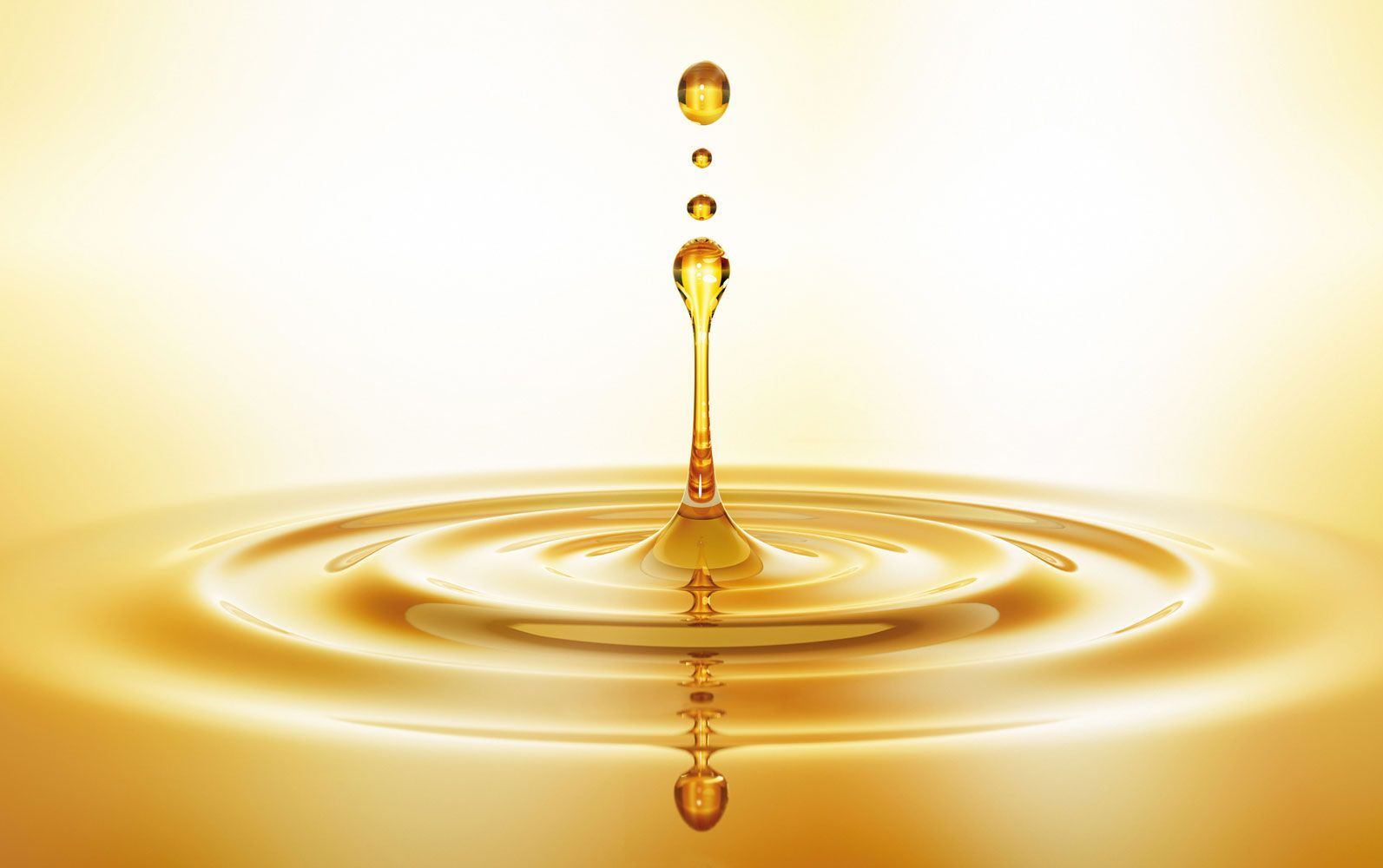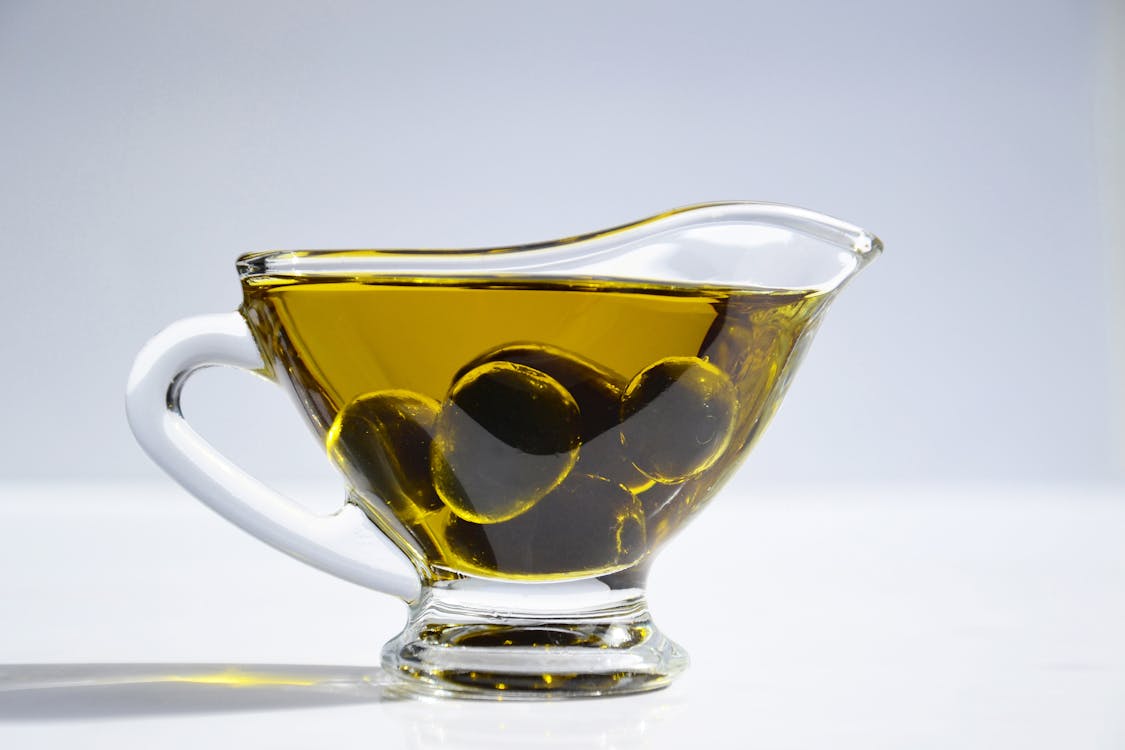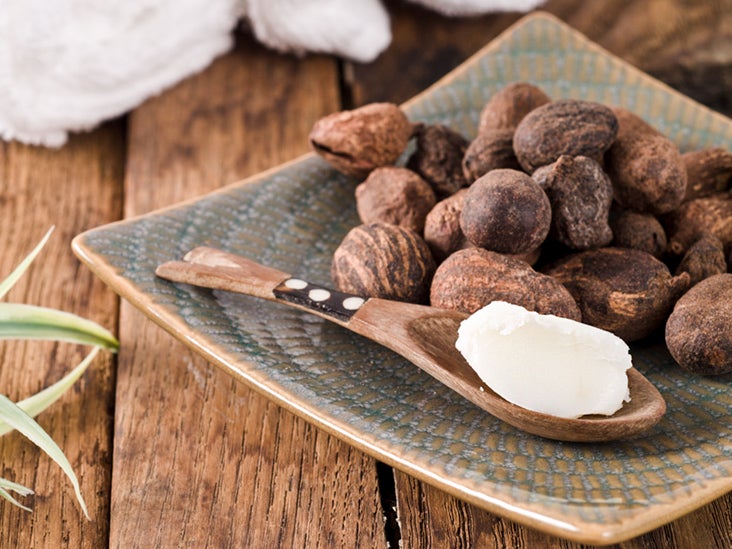Irrespective of the weather, Hot or cold, moisturizers protect the skin from environmental damage. Be it from moistening your dried skin or protecting it from Sun and tan. Moisturizing prevents the skin from cracking, inflammation and infections.
We get reminded of this over and over in the advertisements we see daily and the major brands in the market that can prevent this. They are often told and sold as moisturizers, which is more of a marketing term than a medical or scientific one.
Are Moisturizers Bad for Your Skin?
Well, it depends!
It is straight-up unfair to conclude that all moisturizers out there are good or bad for you. Some of them are good and protect the skin. Some are terrible, they contain excessive chemicals that might rather cause can more inflammation/irritation and rather age your skin faster or even in some cases can be carcinogenic (cancerous).
Also Read: DIY at Home: 6 Natural Remedies For Dark Underarms
What makes moisturizers bad for your skin?
Moisturizers extra heavy on fats and/or unessential chemicals can do more harm than no moisturizer at all. Before you go ahead and add that moisturizer on that shelf check for the following ingredients, you want to avoid.
- Fragrances
 Fragrances found in most moisturizers are definitely a big No-No! They contain diethanolamine (DEA), monoethanolamine (MEA), triethanolamine (TEA) and Phthalates. These ingredients if inhaled can cause irritation in the respiratory tract (throat and lungs). Prolonged exposure to skin can cause irritation, inflammation, skin redness and acne.
Fragrances found in most moisturizers are definitely a big No-No! They contain diethanolamine (DEA), monoethanolamine (MEA), triethanolamine (TEA) and Phthalates. These ingredients if inhaled can cause irritation in the respiratory tract (throat and lungs). Prolonged exposure to skin can cause irritation, inflammation, skin redness and acne.
- Synthetic Dyes
 Synthetic dyes are usually present in moisturizers and other kinds of body lotions for better presentations. They can cause skin irritation and cause hyper activeness in children. Some of the chemicals found in synthetic dyes are mercury, lead, chromium, copper, sodium chloride, toluene, and benzene. Exposure to large doses of these substances can be hazardous and can have severe effects on the human body, including skin cancer.
Synthetic dyes are usually present in moisturizers and other kinds of body lotions for better presentations. They can cause skin irritation and cause hyper activeness in children. Some of the chemicals found in synthetic dyes are mercury, lead, chromium, copper, sodium chloride, toluene, and benzene. Exposure to large doses of these substances can be hazardous and can have severe effects on the human body, including skin cancer.
- DMDM Hydantoin
 This ingredient is seen in many of the moisturizers and body lotions that are available in the market and known to release formaldehyde. This ingredient is known to be a major skin irritant that further causes acne breakouts, redness and other inflammation. As per the Environmental Working Group, there is little to no evidence that DMDM Hydantoin causes cancer, but the formaldehyde that It releases is carcinogenic.
This ingredient is seen in many of the moisturizers and body lotions that are available in the market and known to release formaldehyde. This ingredient is known to be a major skin irritant that further causes acne breakouts, redness and other inflammation. As per the Environmental Working Group, there is little to no evidence that DMDM Hydantoin causes cancer, but the formaldehyde that It releases is carcinogenic.
- Mineral Oils
 Mineral oils are petroleum-based. If they have been added as an ingredient to the moisturizers untreated, they can be harmful to the skin. If used heavily, they can clog the skin pores which the skin uses to eliminate toxins. This can further cause skin irritation and cause acne.
Mineral oils are petroleum-based. If they have been added as an ingredient to the moisturizers untreated, they can be harmful to the skin. If used heavily, they can clog the skin pores which the skin uses to eliminate toxins. This can further cause skin irritation and cause acne.
- Parabens
Parabens is another one of those ingredients you might often find in moisturizers but not on the labels. Dr. Tasha Stoiber at EWG finds that parabens in cosmetics can disrupt hormones in the body. Additionally, they harm fertility and reproductive organs, affect birth outcomes, and increase the risk of cancer. They can also cause skin irritation, inflammation and seen to cause acne outbreaks in adolescents.
Also Read: Pros and cons of Turmeric: A miraculous garden plant
Are all moisturizers bad for your health and skin?
Short answer, No!
Long answer, moisturizers are necessary to maintain the skin’s moisture barrier and to prevent any kind of environmental damage to your skin.
- If you have dry skin issues, oil-based moisturizers could be a great solution to avoid skin cracking and inflammations. The ingredients in the moisturizers will help to replenish the skin’s barrier function. Many oils also contain vitamins and fatty acids that impart anti-aging benefits.
- Additionally, using hydrating moisturizers helps your skin moisturize and replenish the essential minerals and nutrients. Unlike oil, water doesn’t stick to the skin, which prevents it from filling pores and causing acne breakouts.
- Some moisturizers come with a bonus, called SPF 30. This reduces the exposure of UVB rays on the skin. SPF blocks 97% of the UVB rays from reaching the skin. These rays can cause inflammation and burn on the skin.
Top 5 Natural Moisturizers

- Olive Oil: Extra Virgin Olive Oils natural moisturizers are great antioxidants for the skin and moisturize the skin from cracks and inflammation. Please note that Olive oils are comedogenic and potentially clog the skin pores.

- Coconut Oil: Coconut oils are indeed a blessing for the skin be it the scalp or other parts of the skin. It contains the essential fatty acids that keep the skin moist and smooth. Just like Olive oil, Coconut oil as natural moisturizers are comedogenic as well, hence apply it in limited quantities.

- Aloe Vera: The moisturizing effects of aloe can help get rid of dry and itchy skin linked to eczema. Aloe vera gel may also help alleviate seborrheic dermatitis. Since it is not oily, that makes it one of the great natural moisturizers and hence it is not comedogenic or known to block the skin pores.

- Almond Oil: Almond oil has a high content of healthy fatty acids which helps retain skin moisture and hydrates your face. This gives it a healthy glow on the skin. Almond oil being light and non-sticky, works great on all skin types and one of the great natural moisturizers.

- Shea Butter: Shea butter contains ample amounts of fatty acids and vitamins which help nourish the skin and making it smooth and glowing. It also contains anti-inflammatory and healing properties which makes it one of the great natural moisturizers for facial skin.





We’re a group of volunteers and starting a new scheme in our community.
Your website provided us with valuable info to work on. You’ve done a formidable job and our whole community will be thankful to you.
Hey very interesting blog!